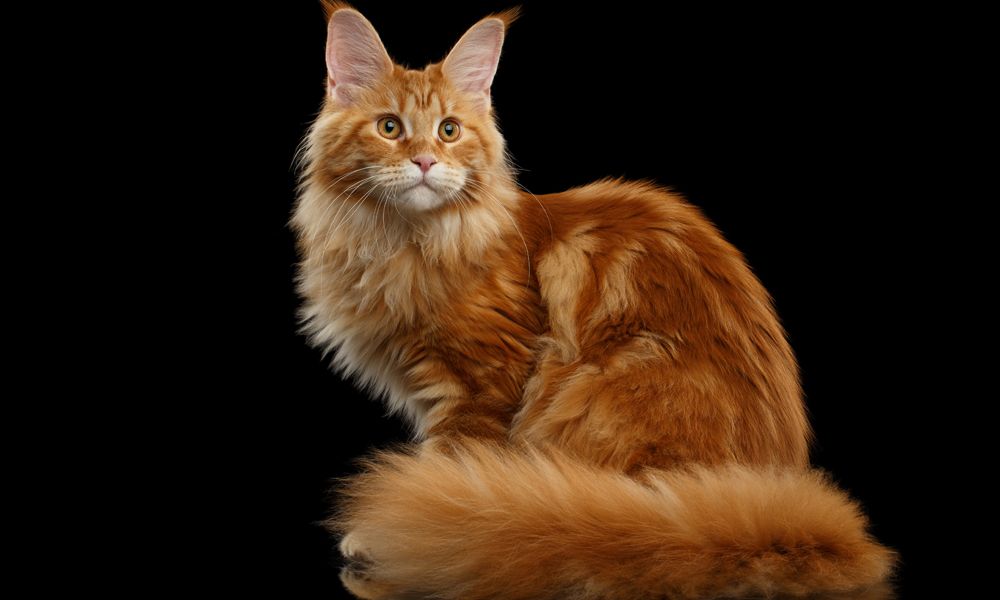Kitten health risks include parasitic infections like worms and fleas, respiratory infections, viral diseases like feline herpes and calicivirus, and potentially fatal conditions like panleukopenia. Poor nutrition, inadequate vaccination, and lack of proper care can also contribute to health issues.
Early socialization and regular vet visits are crucial to monitor and manage potential health risks, ensuring the kitten’s well-being. Even so, you should still consider being equipped with kitten insurance NZ. Providing medical care wouldn’t be as financially overwhelming if you have already bought a cheap cat insurance policy.
Otherwise, you should contemplate purchasing one. In the meantime, read this article to learn about common health concerns in mixed and purebred kittens.
Mixed-breed and purebred kittens can have differing health outcomes due to their genetic backgrounds and breeding practices.
Mixed breed kittens
They are often referred to as domestic or non-pedigree cats and typically have a wider gene pool. This genetic diversity can lead to better overall health and fewer inherited health issues.
These kittens are usually less prone to certain genetic disorders that can be prevalent in purebred cats due to their broader genetic makeup. Still, this doesn’t mean they are entirely immune to health problems, as they can still face common feline health concerns.
Purebred kittens
Purebred kittens are bred to specific breed standards and often have a narrower gene pool due to selective breeding for specific traits. While they can have predictable appearances and behaviors, some purebred cats are predisposed to hereditary health issues linked to their breed. They can include breed-specific conditions such as hip dysplasia in some breeds or respiratory problems in brachycephalic (flat-faced) breeds like Persians.
It’s essential to note that responsible breeders work to minimize genetic health problems by performing health screenings, genetic testing, and careful breeding practices. However, particular breeds are more prone to certain conditions. When considering a purebred kitten, researching the breed’s potential health issues is crucial.
How do you keep your kittens protected?
- Vaccinations: Ensure they receive core vaccinations against common diseases.
- Parasite control: Regularly deworm and use flea prevention treatments.
- Safe environment: Kitten-proof your home to prevent accidents and toxic exposures.
- Nutrition: Feed a balanced diet suitable for their age and needs.
- Socialization: Gradually expose them to various people, animals, and environments.
- Hygiene: Maintain proper grooming and litter box care.
- Regular vet care: Schedule check-ups and address health concerns promptly.
- Supervision: Monitor their interactions and playtime.
- Microchipping: Consider microchipping for identification.
- Love and attention: Provide mental and emotional stimulation with play and affection.
Prioritize their health, safety, and happiness throughout their growth, adapting care as they mature.
Regardless of whether you choose a mixed breed or purebred kitten, regular health monitoring, a balanced diet, proper grooming, and a loving environment contribute significantly to its overall health and well-being.
Ultimately, both mixed breed and purebred kittens can make wonderful companions, and the health of an individual cat will depend on various factors, including genetics, care, and environmental factors.
Ensure your kitten gets superior quality care, nutrition, and health assistance in terms of kitten insurance in NZ at all times. Contemplate purchasing cheap cat insurance in the least, so your little furball is assured of timely medical help with minor economic troubles.
 Risk Takers’ Playground: Navigating the Highs and Lows of Hedge Fund Hype
Risk Takers’ Playground: Navigating the Highs and Lows of Hedge Fund Hype  Learn More About Binance
Learn More About Binance  Mastering the Stock Market: Insights from a Professional Investor – Kavan Choksi Professional Investor
Mastering the Stock Market: Insights from a Professional Investor – Kavan Choksi Professional Investor 

